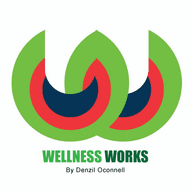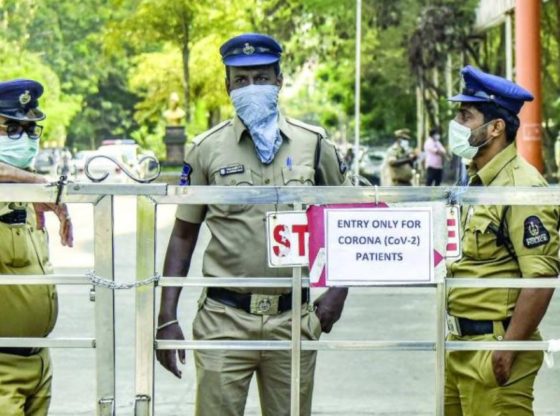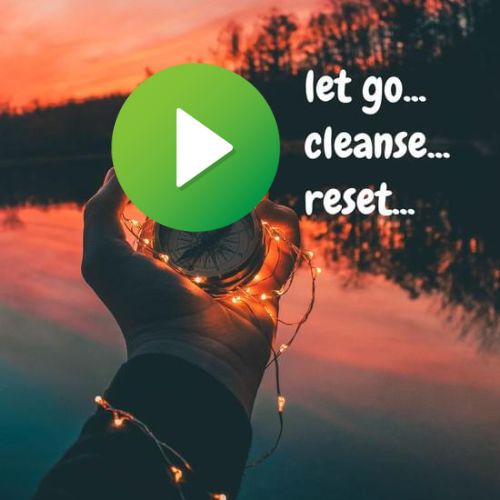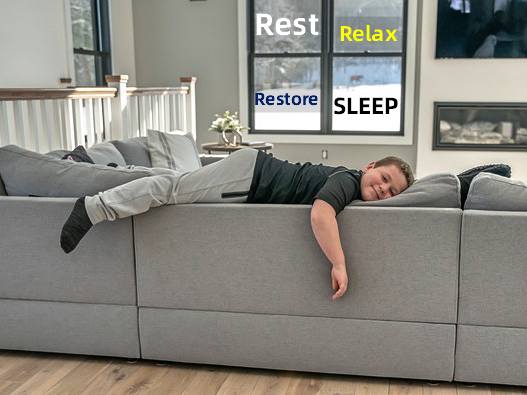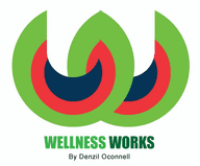As the Coronavirus spreads is it sensible to wear a mask?
Which mask will actually protect against virus attack – is the question millions across the world are asking today.
Let’s look at the logic. There are specific masks that are effective at capturing droplets, which is the main route of transmission for the coronavirus. If you are wearing the right mask you will not catch the virus. Moreover, if you are infected you will not transmit the coronavirus. So either way, it is beneficial.
A study at the Center for Health, Safety and Environment Management, Japan, as per data and analysis of Japanese schoolchildren “vaccination and wearing a mask reduced the likelihood of developing seasonal influenza.”
Another study in 2013 study at The U.S. As per Centers for Disease Control and Prevention wearing masks drastically reduces the percentage of people infecting others. In effect, if you wear a mask it restrains from small droplets of viral flu spread. Both studies also noted that flu rates were lower when masks were paired with proper hand hygiene. It is along with other virus limiting hygiene procedures.
If you are looking for a mask to protect yourself against the coronavirus – there are two types of masks in the market.
So how do you choose: Which Mask Will Actually Protect Against Virus attack
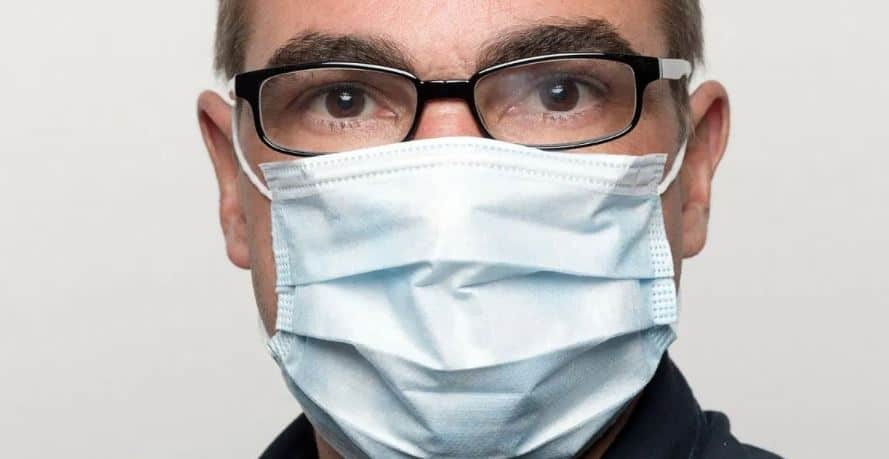
I. Surgical Face Masks
Surgical Face Masks of the type that doctors, dentists, and nurses often wear in hospitals prevent large droplets of bodily fluids. The fluid may contain viruses or other germs from entering of escaping via the nose or mouth.
The surgical mask is a limited wear piece of equipment and should not be worn for more than 3 hours at a time. Even though it is cheaper, however, should be worm and disposed of properly.
We will detail those instructions later.
However, the surgical masks aren’t enough to filter out the finer viruses that exist in the air. Same goes for the use of a respirator.
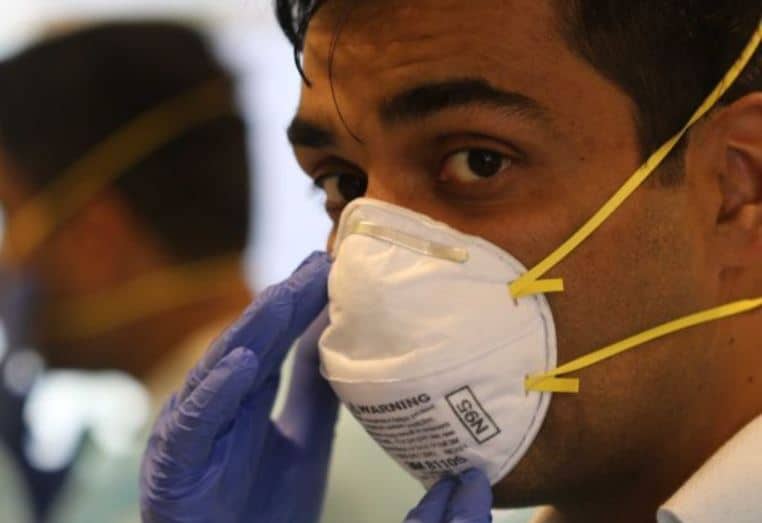
II. Respirators
Remember, not all respirators are good at keeping out viruses totally or keeping them in as the case may be.
A respirator is a personal protective device that prevents the wearer from inhaling airborne infectious agents like virus such as coronavirus, SARS and the H1N1 virus.
Respirators are divided into two categories: insulating and filtering.
Filtering respirators consist of a facepiece and a filtering device. Sometimes the filter element is integrated into the facepiece.
It should be noted that respirators protect those who wear them from inhaling “droplets” of infectious agents like the coronavirus.
Respirators come in different categories of filtration and are mostly reusable. We will not go into the different grades of masks here, it is sufficient to say that the one to
In Europe, the standard disposable particulate respirators are in three classes:
FFP1
FFP2 and
FFP3.
Out of these the recommended masks include the FFP2 masks have a minimum of 94% filtration. FFP3 with a minimum filtration of 99%.
The US has a different standard altogether. Here respirators must meet the National Institute for Occupational Safety and Health Standards.
They are in 3 categories: Class N, R and P followed by a number indicating the percentage of filtration of suspended particles.
no oil resistance. A distinction is made between N95, N99 and N100. The number after the letter. So for caregivers, it is necessary to wear a respirator of class N, R or P that is capable of filtering 95% of all airborne particles and can even filter out bacteria and viruses
However, like all other protective equipment, there is a protocol to wear these masks. According to a recent 2020 WHO directive, there is a standard drill while wearing protective masks.
Before putting on a mask, clean hands with alcohol-based hand rub or soap and water.
Cover mouth and nose with mask and make sure there are no gaps between your face and the mask.
Avoid touching the mask while using it; if you do, clean your hands with alcohol-based hand rub or soap and water.
To remove the mask: remove it from behind, do not touch the front of mask. Discard immediately in a closed bin; clean hands with alcohol-based hand rub or soap and water.
Replace the mask with a new one as soon as it is damp and do not re-use single-use masks.
However, that is not enough to protect yourself from the coronavirus. Dr Jake Dunning, Public Health England, told us, “Face masks must be worn correctly, changed frequently, removed properly, disposed of safely. Not only that the protective face masks must be used in combination with good universal hygiene behaviour in order for them to be effective.”
When it comes protection against the pandemic of the Coronavirus a good Mask Will Actually Protect Against Virus attack, still the best method of keeping yourself safe from this highly contagious virus.
